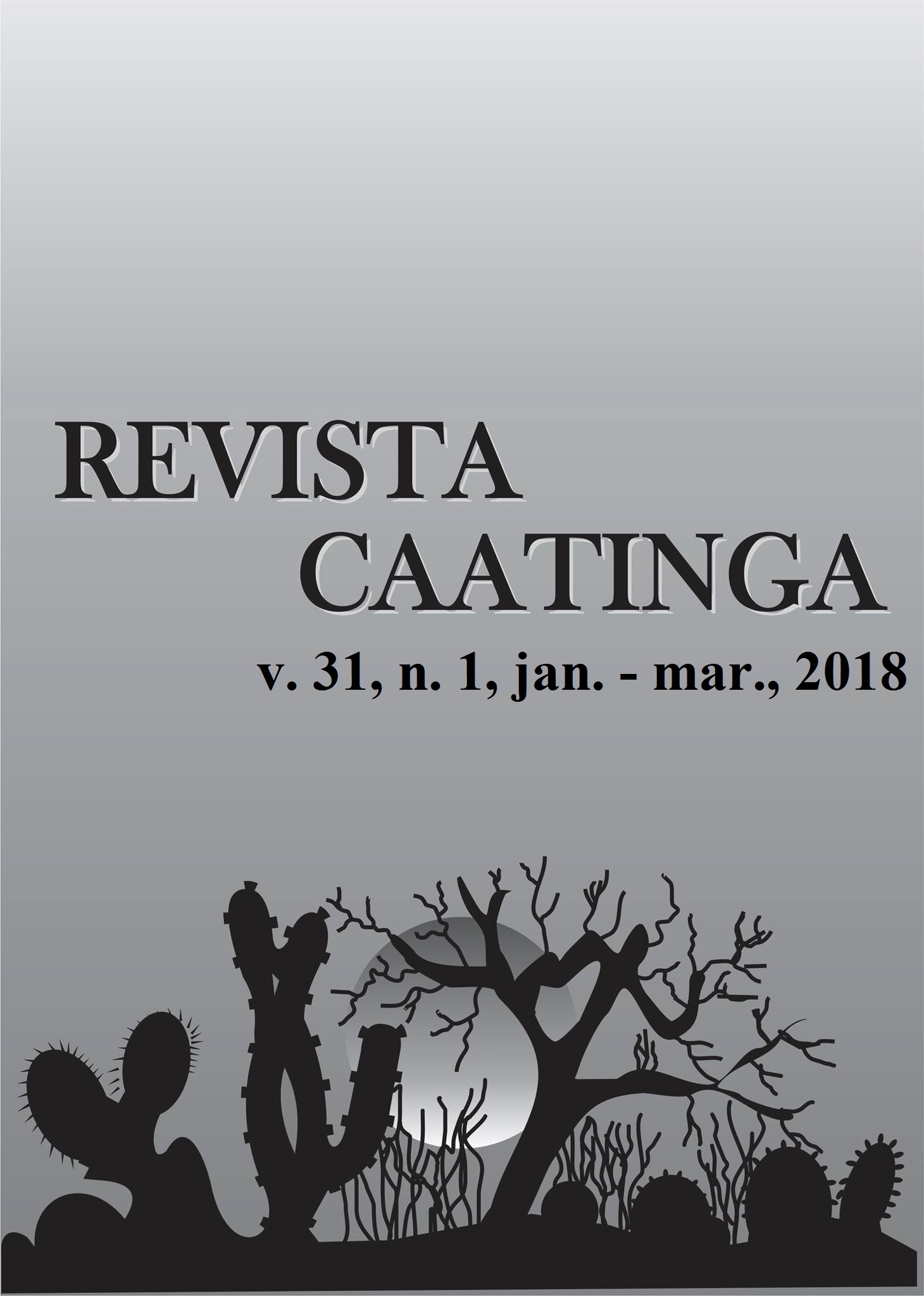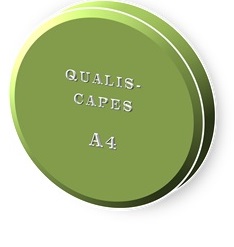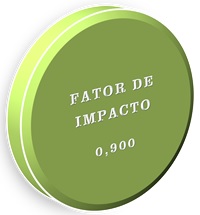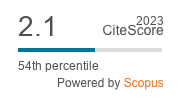‘LAETITIA’ PLUMS STORED IN CONTROLLED ATMOSPHERES COMBINED WITH INDUCTION OF MASS LOSS AND ETHYLENE MANEGEMENT
DOI:
https://doi.org/10.1590/1983-21252018v31n126rcKeywords:
Prunus salicina. Internal browning. Physiological disorder. Ripening.Abstract
Two experiments were conducted to evaluate the relative effects of controlled atmosphere (CA) associated with 1-methylcyclopropene (1-MCP; 1.0 μL L−1), induction of mass loss (IML; 2%), and low ethylene (LE; <0.04 μL L−1 of C2H4) on the quality preservation of ‘Laetitia’ plums. In experiment 1 (2010), the treatments evaluated were cold storage (CS; 21.0 kPa O2 + <0.03 kPa CO2), CA1 (1 kPa O2 + 1 kPa CO2), CA1 + 1-MCP, CA1 + IML, and CA1 + LE. In experiment 2 (2011), the treatments evaluated were CS, CA2 (2 kPa O2 + 2 kPa CO2), CA2 + IML, and CA2 + 1-MCP. In both experiments, the fruit were stored at 0.5 ± 0.1°C and 96 ± 2% RH. CA storage delayed fruit ripening in both atmosphere conditions evaluated and reduced the internal browning of the ‘Laetitia’ plums, particularly in CA2. 1-MCP, LE, and IML had additional effects to CA1 on preserving flesh consistency. 1-MCP, irrespective of the CA condition, and IML, in CA1, reduced internal browning. CA1, regardless of the complementary technologies, reduced the incidence of decay and fruit cracking.Downloads
References
ALVES, E. O. et al. Qualidade de ameixas ‘Laetitia’ em função da temperatura e da atmosfera de armazenamento. Revista Brasileira de Fruticultura, Jaboticabal, v. 32, n. 4, p. 1018-1027, 2010a.
ALVES, E. O. et al. Armazenamento refrigerado de ameixas 'Laetitia' com uso de 1-MCP e indução de perda de massa fresca. Ciência Rural, Santa Maria, v. 40, n. 1, p. 30-36. 2010b.
ARGENTA, L. C. et al. Ripening and quality of 'Laetitia' plums following harvest and cold storage as affected by inhibition of ethylene action. Pesquisa Agropecuária Brasileira, Brasília, v. 38, n. 10, p. 1139-1148, 2003.
BLANKENSHIP, S. M.; DOLE, J. M. 1-methylcyclopropene: a review. Postharvest Biology Technology, Amsterdam, v. 28, n. 1, p. 1-25, 2003.
BRACKMANN, A. et al. Indução da perda de massa fresca e a ocorrência de distúrbios fisiológicos em maçãs ‘Royal Gala’ durante o armazenamento em atmosfera controlada. Revista Brasileira de Armazenamento, Viçosa, v. 32, n. 1, p. 87-92, 2007.
BRACKMANN, A. et al. Effect of growth regulators on ‘Brookfield’ apple gas diffusion and metabolism under controlled atmosphere storage. Pesquisa Agropecuária Brasileira, Brasília, v. 49, n. 5, p. 323-329, 2014.
CANDAN, A. P.; GRAEL, J.; LARRIGAUDIÉRE, C. Postharvest quality and chilling injury of plums: benefits of 1-methylcyclopropene. Spanish Journal of Agricultural Research, Madrid, v. 9, n. 2, p. 554-564, 2011.
CORRÊA, T. R. et al. Ameixas ‘Laetitia’ armazenadas em atmosferas controlada e modificada ativa com manejo do etileno. Revista Brasileira de Fruticultura, Jaboticabal, v. 33, n. 3, p. 723-729, 2011.
GORNY, J. R.; KADER, A. A. Controlled-atmosphere suppression of ACC synthase and ACC oxidase in ‘Golden Delicious’ apples during long-term cold storage. Journal of the American Society for Horticultural Science, Alexandria, v. 121, n. 4, p. 751–755, 1996.
KHAN, A. S.; SINGH Z. 1-MCP regulates ethylene biosynthesis and fruit softening during ripening of ‘Tegan Blue’ plum. Postharvest Biology and Technology, Amsterdam, v. 43, n. 3, p. 298-306, 2007.
MANGANARIS, G. A. et al. Novel 1-methycyclopropene immersion formulation extends shelf life of advanced maturity ‘Joanna Red’ plums (Prunus salicina Lindell). Postharvest Biology and Technology, Amsterdam, v. 47, n. 3, p. 429-433, 2008.
SINGH, S. P.; SINGH, Z. Role of membrane lipid peroxidation, enzymatic and non-enzymatic antioxidative systems in the development of chilling injury in japanese plums. Journal of the American Society for Horticultural Science, Alexandria, v. 137, n. 6, p. 473-481. 2012.
SINGH, S. P.; SINGH, Z. Controlled and modified atmospheres influence chilling injury, fruit quality and antioxidative system of japanese plums (Prunus salicina Lindell). International Journal of Food Science and Technology, Oxford, v. 48, n. 2, p. 363-374, 2013a.
SINGH, S. P.; SINGH, Z. Postharvest cold storage-induced oxidative stress in Japanese plums (Prunus salicina Lindl. cv. Amber Jewel) in relation to harvest maturity. Australian Journal of Crop Science, Queensland, v. 7, n. 3, p. 391-400, 2013b.
STEFFENS, C. A. et al. Maturação e qualidade pós-colheita de ameixas ‘Laetitia’ com a aplicação pré-colheita de AVG e GA3. Revista Brasileira de Fruticultura, Jaboticabal, v. 33, n. 1, p. 21-31, 2011.
STEFFENS, C. A. et al. Condições de atmosfera controlada para o armazenamento de ameixas ‘Laetitia’ tratadas com 1-metilciclopropeno. Revista Ciência Agronômica, Fortaleza, v. 44, n. 4, p. 750-756, 2013.
STEFFENS, C. A. et al. Fruit quality preservation of ‘Laetitia’ plums under controlled atmosphere storage. Annals of the Brazilian Academy of Sciences, Rio de Janeiro, v. 86, n. 1, p. 485-494, 2014.
VIEIRA, D. G. et al. Crescimento in vitro de fungos (Colletotrichum gloeosporioides e Cladosporium cladosporioides) isolados de frutos do mamoeiro, sob atmosfera controlada e refrigeração. Revista Brasileira de Fruticultura, Jaboticabal, v. 28, n. 3, p. 387-390, 2006.
Downloads
Published
Issue
Section
License
Os Autores que publicam na Revista Caatinga concordam com os seguintes termos:
a) Os Autores mantêm os direitos autorais e concedem à revista o direito de primeira publicação, com o trabalho simultaneamente licenciado sob a Licença Creative Commons do tipo atribuição CC-BY, para todo o conteúdo do periódico, exceto onde estiver identificado, que permite o compartilhamento do trabalho com reconhecimento da autoria e publicação inicial nesta revista, sem fins comerciais.
b) Os Autores têm autorização para distribuição não-exclusiva da versão do trabalho publicada nesta revista (ex.: publicar em repositório institucional ou como capítulo de livro), com reconhecimento de autoria e publicação inicial nesta revista.
c) Os Autores têm permissão e são estimulados a publicar e distribuir seu trabalho online (ex.: em repositórios institucionais ou na sua página pessoal) a qualquer ponto antes ou durante o processo editorial, já que isso pode gerar alterações produtivas, bem como aumentar o impacto e a citação do trabalho publicado (Veja O Efeito do Acesso Livre).







